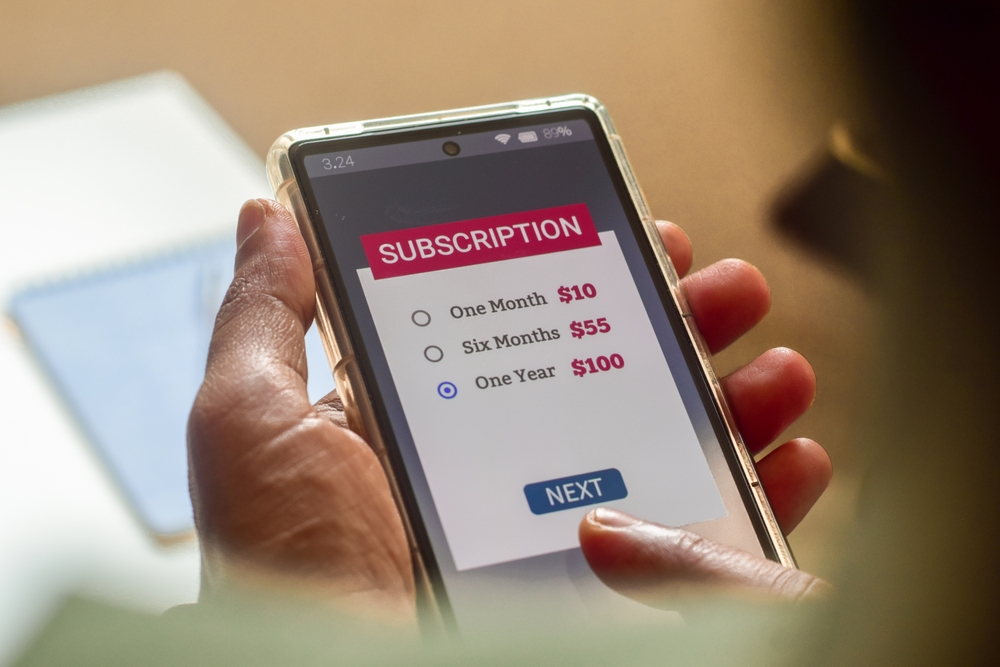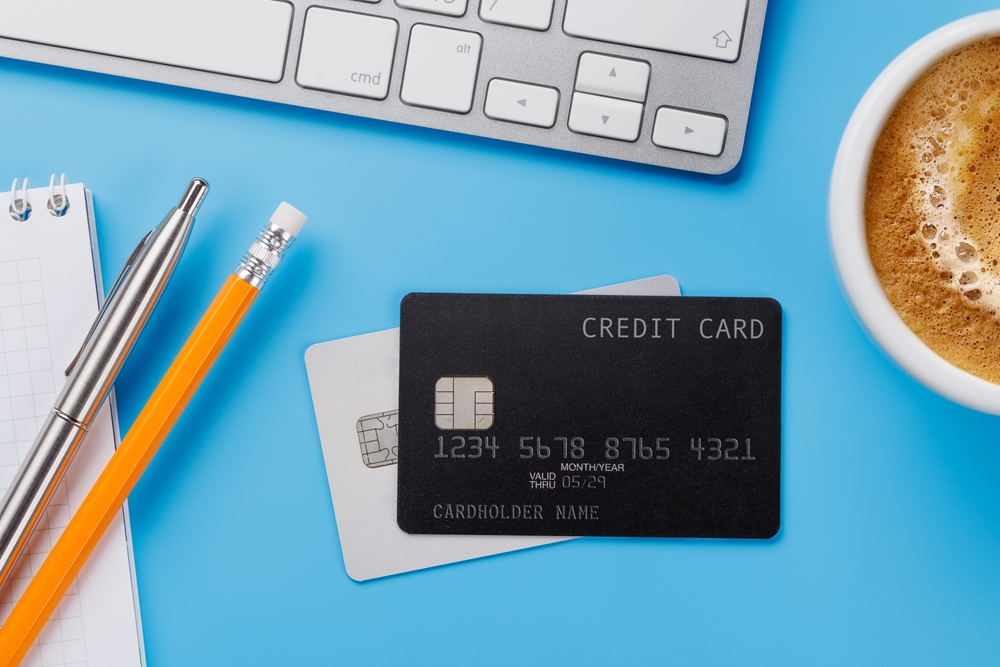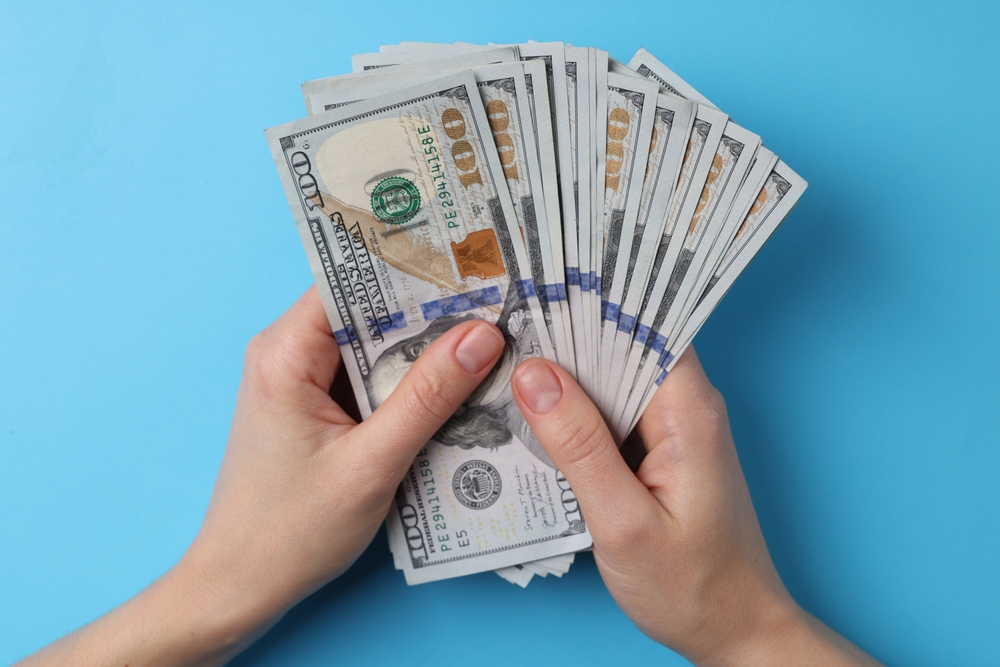Money has a funny way of slipping through our fingers when we’re not paying attention. You might think you’re living within your means, but hidden expenses and financial blind spots could be draining your bank account dry. Here are the sneaky ways your money disappears—and how to plug the leaks before it’s too late.
1. Your Subscriptions Are On Autopilot
That $4.99 streaming service you forgot about? The gym membership you haven’t used in months? They add up fast. The average person spends $273 per month on subscription services. These small recurring charges create a slow financial bleed that goes unnoticed.
Do a subscription audit by checking bank statements for recurring payments. Cancel anything you haven’t used in 90 days. Consider sharing accounts with family or switching to annual payments for discounts. Those savings could fund your next vacation instead of lining corporate pockets.
2. You’re Paying For Convenience You Don’t Need
Food delivery fees, express shipping, and premium parking spots seem insignificant in the moment. But paying $5 here and $10 there for minor conveniences can total $500+ annually. We rationalize these as “small splurges” while they quietly drain our budgets.
Challenge yourself to wait 24 hours before paying for convenience. You’ll often find free alternatives (walking further, cooking at home) are perfectly manageable. The extra money stays in your pocket without sacrificing quality of life.
3. Your Groceries Expire Before You Eat Them
That wilted spinach in your fridge? The bread that went moldy? Wasted food equals wasted money—the average family throws out $1,500 worth of groceries annually. Impulse buys and poor meal planning create this invisible financial drain.
Start shopping with a list and stick to it. Plan meals around perishable items first. Freeze extras before they spoil. These simple habits can save hundreds annually while reducing food waste. Your wallet and the planet will thank you.
4. You Carry Credit Card Balances “Just This Once”
That “emergency” purchase you put on a card, “just until payday”? The interest keeps compounding long after the item is forgotten. Even small balances can cost hundreds in interest annually while damaging your credit score.
Switch to cash or debit for daily spending. If you must use credit, pay the full balance every month without exception. Those interest charges could instead be growing in your investment account.
5. Your Insurance Premiums Haven’t Been Shopped
Loyalty often costs more than it’s worth in insurance. Companies frequently raise rates, counting on customers not to notice. The average homeowner overpays by $1,000+ annually by not comparing policies.
Set a calendar reminder to shop for your insurance every renewal period. Online comparison tools make this easy. Just 30 minutes could save you enough to max out an IRA contribution.
6. You Buy Things Just Because They’re On Sale
That 70% off tag tricks your brain into thinking you’re saving money when you’re spending it. Retailers know discounts drive impulse purchases you wouldn’t otherwise make. These “bargains” often sit unused.
Implement a 48-hour waiting period for non-essential purchases. If you still want it after two days, buy it. You’ll be shocked how often the urge passes, leaving your money intact.
7. Your Bank Charges Fees You Don’t Notice
Monthly maintenance fees, ATM charges, and overdraft penalties siphon off small amounts that add up. Many people pay $200+ annually in completely avoidable banking fees.
Switch to a no-fee online bank or credit union. Set up low-balance alerts to avoid overdrafts. These simple changes stop the slow bleed of forgotten fees.
8. You Pay Full Price For Everything
From prescriptions to cell phone plans, there’s almost always a discount available if you ask. Most people don’t realize they could be saving 10-30% on regular expenses simply by requesting better rates.
Make it a habit to ask “Is this the best price available?” for recurring expenses. Loyalty programs, senior/military discounts, or even polite negotiation can yield surprising savings with minimal effort.
9. Your Utilities Are Set To “Waste” Mode
Leaky faucets, outdated lightbulbs, and phantom power drains cost more than you think. The average home wastes $400+ annually on inefficient energy and water use. These losses happen silently in the background.
A simple home energy audit (many utilities offer free ones) can identify easy fixes. Smart power strips, LED bulbs, and low-flow showerheads pay for themselves quickly. Small changes create big savings over time.
10. You Don’t Track Cash Spending
That $20 here and $40 there disappears without a trace. Cash transactions are the hardest to account for in budgets. Most people underestimate cash spending by hundreds.
Try going cashless for a month or meticulously tracking every dollar. You’ll likely discover spending patterns you never noticed. Knowledge is the first step to plugging this leak.
11. Your Car Is Costing More Than It Should
Premium gas when regular would suffice, unnecessary dealer maintenance, and ignoring small repairs that become big ones—cars are money pits waiting to happen. Most owners overspend by $1,000+ annually on avoidable costs.
Follow your manual’s maintenance schedule (not the dealer’s recommendations). Learn basic maintenance like air filter changes. These small actions prevent major expenses down the road.
12. You Pay For Storage Units
That $100/month storage unit holding stuff you haven’t seen in years? You’re likely paying more to store items than they’re worth. The storage industry banks on our emotional attachment to clutter.
Challenge yourself to empty the unit within 30 days. Sell, donate, or trash its contents. The savings alone could fund a nice vacation, with memories better than dusty boxes.
13. You Overpay On Taxes
Not maximizing deductions, forgetting to claim credits, or having incorrect withholdings means giving the government an interest-free loan. The average overpayment is $3,000+ annually—money that could be working for you instead.
Review your W-4 withholdings annually. Learn about all available deductions. Even better, consult a tax professional—their fee often pays for itself in savings.
14. Your Time Is Worth More Than You Charge
Doing everything yourself to “save money” often costs more in lost opportunity. That 5-hour DIY project might save $200 but cost you $500 in billable time. We rarely account for our earning potential when calculating savings.
Outsource tasks where your hourly rate exceeds the service cost. Focus your time on high-value activities. This mindset shift turns time into money instead of wasting both.
This article is for informational purposes only and should not be construed as financial advice. Consult a financial professional before making investment or other financial decisions. The author and publisher make no warranties of any kind.






















